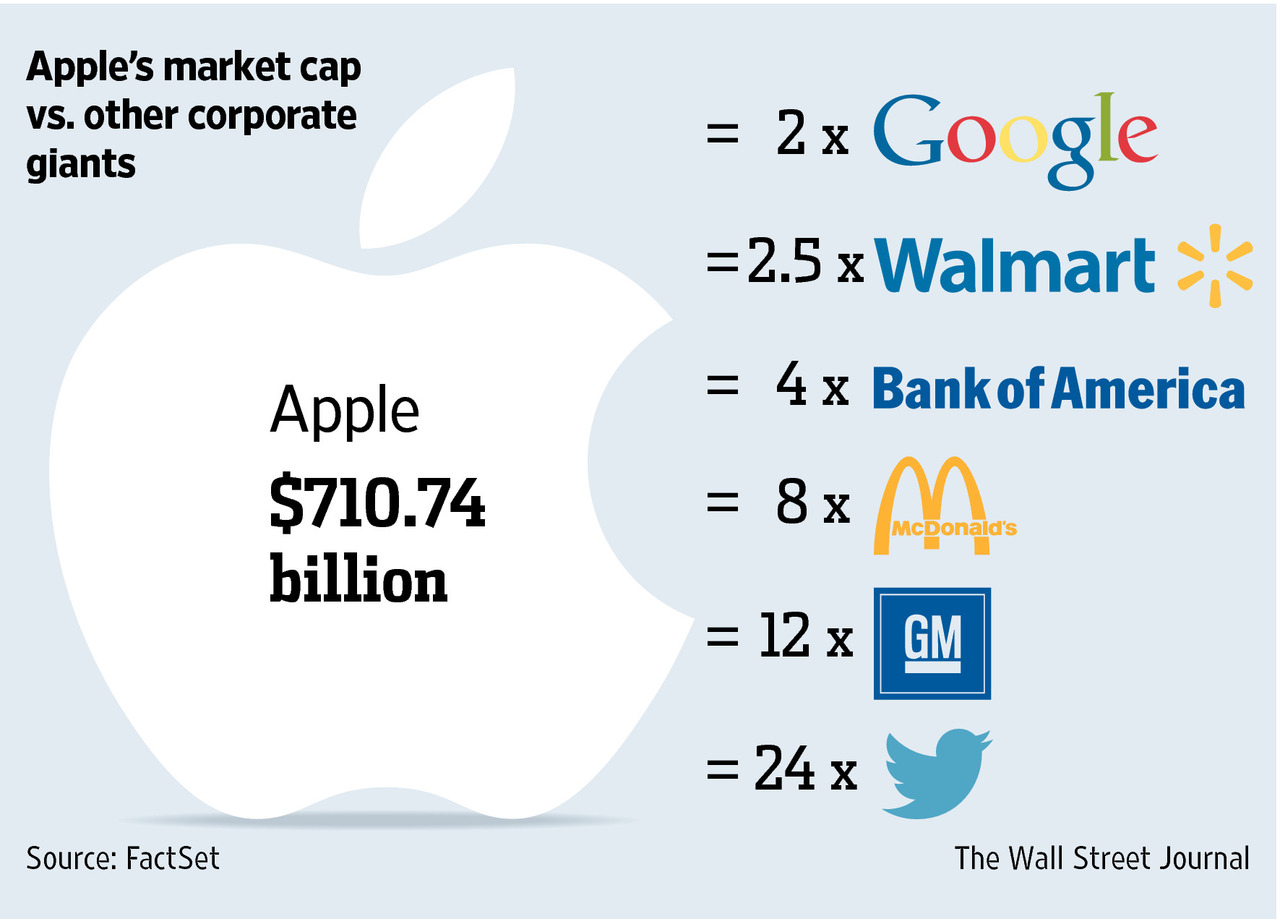THE GOD OF GROWTH
A FALSE & MISLEADING GOD—IF BASED SOLELY ON GDP—BUT WITH ITS OWN REALITY
Growth is widely touted—by both politicians and Big Business-as being the measurement of the success of an economy—and, by implication, the country as a whole.
This is a deceptive practice—we seem quite happy to be so deceived despite abundant data which indicates quite clearly that we are being led by the nose.
The standard measurement is GDP (Gross domestic Product) which measures all economic activity within a country.
It is a reasonable measurement in purely statistical terms—but it is extremely misleading if you conflate growth in GDP with the economic wellbeing of the inhabitants of that country.
GDP measures financial activity, not quality of life. GDP growth is blind, thoughtless, callous—and can be downright unpleasant. Above all, it is a gross distraction from issues of much greater concern.
- It doesn’t care whether the financial activity is good or bad.
- It doesn’t measure poverty.
- It doesn’t consider unemployment.
- It doesn’t care about war.
- It is entirely indifferent to whether you have healthcare of not.
- It cares nothing about the environment, the quality of food, or pollution.
- It has no interest at all in whether growth is shared equally, or benefits only a few.
Well, you get the idea.
There are serious downsides to growth itself.
- We can’t continue to grow indefinitely without drastically changing what we mean by growth. If we grow the economy more or less as it is, we shall run out of just about everything—from raw materials to land. Our resources, as matters stand, are finite—and vanishing fast. Even our soil is being depleted of nutrients at a truly frightening rate.
- As it is, we are polluting way faster than the environment can repair itself. Growth just makes all of this a whole lot worse.
- Growth, where only a few benefit, invariably leaves the others worse off. As now, and for some time past, that is the situation in the U.S.
- Growth, without reinvesting adequately—in things like infrastructure, plant & equipment—equates to eating our seed-corn. We have been doing this for some decades—and the consequences are evident. They are going to get a whole lot worse..
- Growth rends to be inflationary—particularly where costs like housing are concerned. In short, as far as most of us are concerned, growth makes us poorer.
Such things are worth thinking about next time some politician, businessman, or media person goes on about growth. Yes, if it is widely shared, it can be a good thing—but in a heavily qualified way. At best, it is a mixed blessing.
It is also worthwhile pondering the causes and means of growth.
- War frequently inflates growth. It is rarely worth the price.
- These days, growth tends to be heavily debt based. That tends to have decidedly adverse consequences after a while.
- Growth is frequently bubble based. Over the last 15 years, we have had the dot.com bubble, the housing bubble that led to the Great Recession, and we currently have a stock market bubble. These developments have a tendency not to result in happy endings.
Growth does normally lead to more jobs—but many of these are badly paid and the working conditions are poor. Very few jobs offer security these days.
It is possible to have economic growth and have most people benefit—but the American Business model is not set up for that.
Could it be? Of course.
Will it be? There are no serious signs of that at all.

VOR words c.500.































